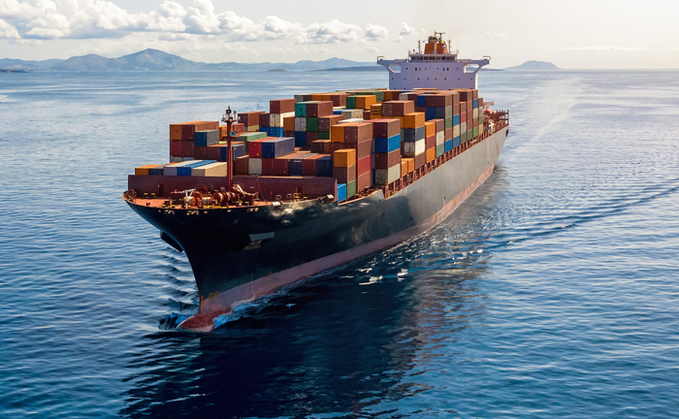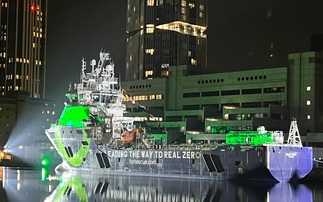
Ahead of latest IMO meeting, the British Prime Minister backs plans for a new global carbon pricing regime for the shipping industry
Keir Starmer used his speech to the UN General Assembly late last week to underline the new British government's support for bolder climate action on the international stage, declaring that "the UK will...
To continue reading this article...
Join BusinessGreen
- Enjoy exclusive news, insights and analysis from Europe’s leading source of information on the green economy and business.
- Make smart, responsible business decisions with an eye on the latest regulatory and tech development
- Tap into our extensive archive of exclusive articles, news, analysis and guide
- Access to our new BusinessGreen intelligence service, providing you with
- > Exclusive in-depth case studies
- > Policy briefings, white papers and reports on market trends that are shaping the direction of the net zero transition
- > Our overnight briefing, expertly curated help you run a competitive and sustainable business
- > Online and interactive meetings with BusinessGreen’s editors to discuss the crucial stories and trends from the past month
Choose the membership package that's right for you and your organisation, via our 3 membership levels.







